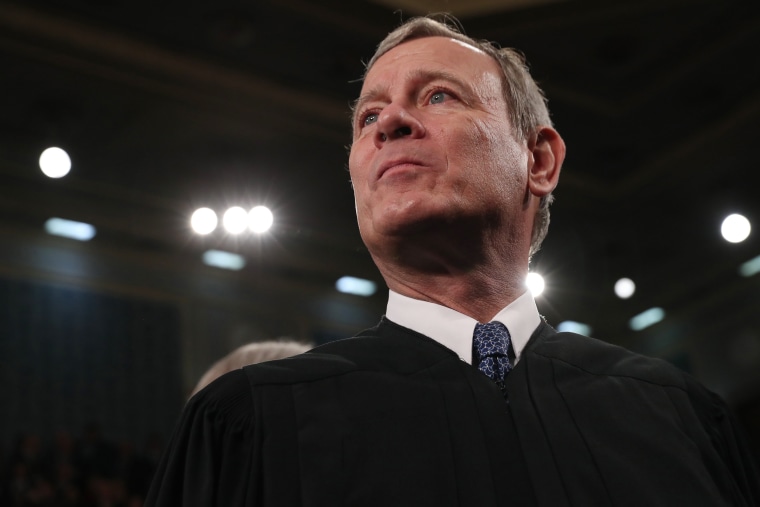WASHINGTON — The U.S. Supreme Court late Friday rejected a California church's request to ease restrictions on attendance at worship services, in the court's first effort to balance religious freedom and public health during the coronavirus pandemic.
Chief Justice John Roberts joined the court's four liberals in an unsigned order that denied the church's application for a stay of the statewide restrictions imposed by Gov. Gavin Newsom. They limit attendance at 25 percent of capacity or a maximum of 100 people.
"Although California’s guidelines place restrictions on places of worship, those restrictions appear consistent with the free exercise clause of the First Amendment," Roberts wrote in concurring with the order.
He said the limits were similar to those that apply to other places where people gather closely together for long periods of time, including concert halls, movie theaters, sporting arenas, theaters.
Local officials have the duty to shape the limits on public gatherings, he said. Given the medical and scientific uncertainties surrounding the pandemic, the courts should not second guess them as long as they act within broad limits.
The case was brought by the South Bay United Pentecostal Church in Chula Vista, in the San Diego area. It urged the court to act quickly, before the day of the Pentacost, or seventh Sunday after Easter, which this year is May 31.
A three-judge panel of the Ninth Circuit Court of Appeals ruled against the church.
"We're dealing here with a highly contagious and often fatal disease for which there presently is no known cure," it said. Its ruling quoted former Supreme Court justice Robert Jackson: "If a court does not temper its doctrinaire logic with a little practical wisdom, it will convert the constitutional Bill of Rights into a suicide pact."
Writing for the Supreme Court's four other conservatives in dissenting from Friday's order, Justice Brett Kavanaugh said Newsom's order treats houses of worship less favorably than secular businesses, such as factories, offices, supermarkets, restaurants, shopping malls, and even marijuana dispensaries.
They are not subject to a cap on occupancy, he noted. "The Church would suffer irreparable harm from not being able to hold services on Pentacost Sunday in a way that comparable secular businesses and persons can conduct their activities."
Quoting from a decision in a different case he said, "The state cannot assume the worst when people go to worship but assume the best when people go to work or go about the rest of their daily lives in permitted social settings."
Federal courts have divided on whether houses of worship should be compared to retail stores or movie theaters.
Some have said churches present unique challenges, because people gather close together and sing or speak, which can spread the virus. Others have said churches deserve more latitude when they are willing to spread out their congregations and make other adjustments by stopping the practice of sharing the chalice or prayer books.

